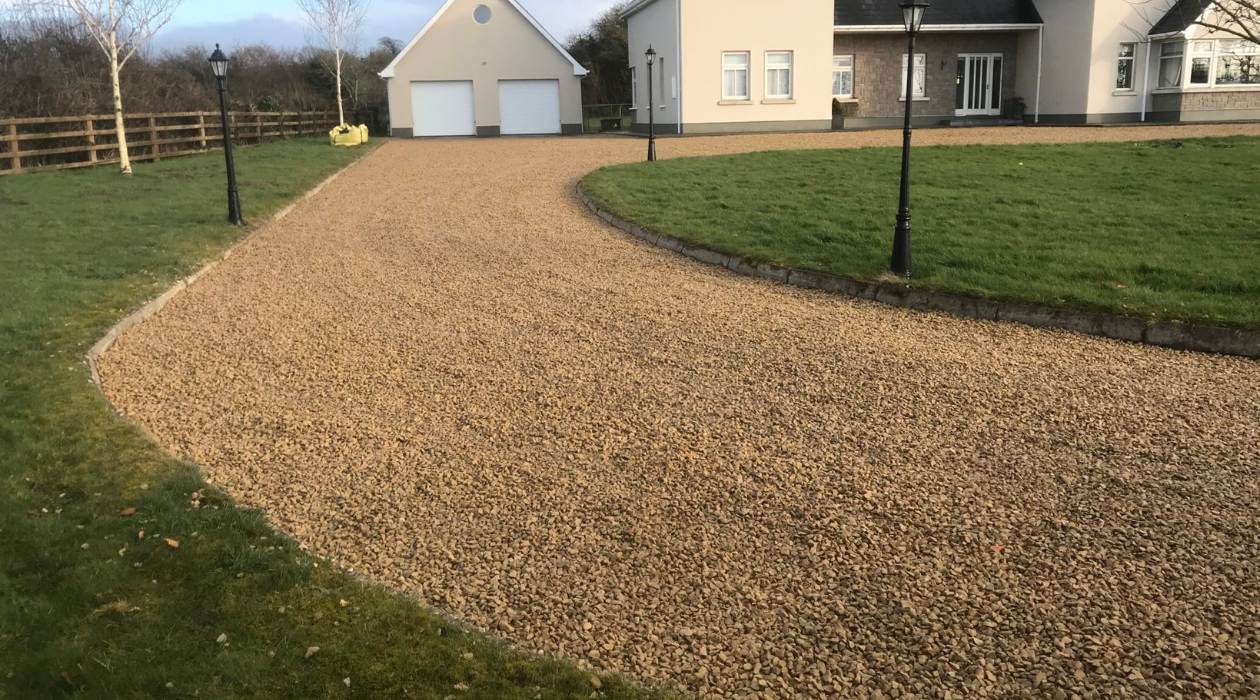

Articles
How Much Does It Cost For A Gravel Driveway
Modified: January 9, 2024
Looking for articles on how much it costs to install a gravel driveway? Find all the information you need to budget for your project right here.
(Many of the links in this article redirect to a specific reviewed product. Your purchase of these products through affiliate links helps to generate commission for Storables.com, at no extra cost. Learn more)
Introduction
When it comes to driveway options, gravel driveways have long been a popular choice among homeowners. Gravel driveways exude a rustic charm and can provide a cost-effective solution for those looking to enhance their property’s curb appeal. However, before undertaking any driveway project, it’s important to consider the cost implications.
In this article, we will explore the various factors that can affect the cost of a gravel driveway, giving you a comprehensive understanding of what to expect financially. From the price of materials to labor costs, permit requirements, and maintenance expenses, we’ll cover it all. So, if you’re considering installing a gravel driveway, keep reading to calculate a realistic budget.
Key Takeaways:
- Gravel driveway costs are influenced by factors such as size, gravel type, site conditions, and labor. Proper budgeting, quality materials, and skilled labor ensure a durable and visually appealing driveway.
- Ongoing maintenance and potential repairs should be factored into the budget for a gravel driveway. Regular upkeep, including gravel replenishment and weed control, helps maintain the driveway’s condition and aesthetic appeal.
Read more: How Much Is A Load Of Gravel For A Driveway
Factors that Affect the Cost of a Gravel Driveway
Before diving into the specific costs, it’s essential to understand the factors that can influence the overall cost of a gravel driveway project. By considering these factors, you’ll be able to estimate a more accurate budget for your project. Here are the key factors to consider:
- Driveway Size: The size of your driveway will have a significant impact on the cost. Larger driveways will require more gravel, excavation, and labor, resulting in higher expenses.
- Gravel Type and Quality: The type and quality of gravel you choose will affect both the cost and the overall aesthetics of your driveway. Different types of gravel, such as crushed stone or pea gravel, come at different price points.
- Depth of Gravel: The depth at which the gravel is laid can also impact the cost. Deeper gravel layers generally require more material and labor to install, increasing the overall cost.
- Site Conditions: The condition of your site can influence the cost of the project. Factors such as the presence of slopes, trees, or existing structures may require additional excavation and preparation, leading to increased costs.
- Accessibility: The ease of access to your property can affect the cost as well. If there are limitations on truck access or if the driveway is located in a remote area, it may result in higher transportation and labor costs.
By considering these factors, you can get a better understanding of the potential cost variations for your gravel driveway project. Keep in mind that each project is unique, and the actual costs may vary depending on your specific circumstances.
Cost of Gravel
One of the primary expenses of a gravel driveway project is the cost of the gravel itself. The price of gravel can vary depending on the type, size, and quantity required for your driveway. Here are a few factors to consider when estimating the cost of gravel:
- Gravel Type: Different types of gravel, such as crushed stone, pea gravel, or river rock, have varying costs. The availability and sourcing of the gravel in your area can also influence the price.
- Gravel Size: The size of the gravel stones can impact the cost. Larger stones generally tend to be more expensive than smaller ones.
- Quantity Needed: The amount of gravel required for your driveway will depend on the size and thickness of the driveway. Calculate the cubic feet or cubic yards needed to estimate the quantity of gravel required.
It’s recommended to reach out to local suppliers or check online marketplaces to get an idea of the current prices for gravel in your area. Keep in mind that prices may vary seasonally and based on market demand.
As a rough estimate, the cost of gravel per cubic yard can range from $30 to $100 or more, depending on the factors mentioned above. Be sure to obtain multiple quotes from different suppliers to find the best price that fits your budget.
Additionally, it’s worth considering the delivery costs if you’re purchasing a large quantity of gravel. Some suppliers may offer free delivery, while others may charge based on the distance and the amount ordered.
Remember that investing in quality gravel is essential for durability and longevity. Don’t solely focus on the cost; consider the suitability and aesthetics of the gravel for your driveway as well.
Cost of Excavation and Site Preparation
Before installing a gravel driveway, proper excavation and site preparation are crucial to ensure a stable and long-lasting foundation. The cost of excavation and site preparation can vary depending on several factors:
- Site Clearance: If your property has existing structures, trees, or vegetation that need removal, this will add to the overall cost. Clearing the site requires labor, equipment, and possibly disposal fees.
- Grading and Leveling: Achieving a smooth and level surface is important for proper water drainage and to prevent future driveways issues. Grading and leveling may involve removing excess soil or adding fill dirt, which can add to the project’s cost.
- Excavation Depth: The depth of excavation required will depend on the specific terrain and the desired thickness of the gravel layer. Deeper excavation may be necessary to remove unstable or unsuitable soil, adding to the overall cost.
- Equipment Rental: Excavation and site preparation typically require the use of heavy machinery. The cost of equipment rental, including excavators, bulldozers, or bobcats, will vary based on the duration of the rental and the local rates.
- Labor Costs: Hiring skilled labor for excavation and site preparation is essential for a successful project. Labor costs can depend on local labor rates and the complexity of the job.
It’s advisable to consult with reputable contractors in your area to obtain quotes for the excavation and site preparation work. They can assess the specific requirements of your property and provide a more accurate estimate of the costs involved.
Keep in mind that excavation and site preparation costs can significantly add to the overall budget of a gravel driveway project. However, investing in proper site preparation will ensure a sturdy foundation, which leads to a longer-lasting and more durable driveway.
Cost of Equipment Rental
When it comes to installing a gravel driveway, you may need to rent equipment to assist with various aspects of the project. Renting the necessary equipment can add to the overall cost, but it is often more cost-effective than purchasing expensive machinery that you may only use once. Here are some common types of equipment that you may need to rent for a gravel driveway project:
- Excavator: An excavator is typically required for digging and removing soil during the site preparation stage. The cost of renting an excavator can vary depending on the size and model, as well as the duration of the rental.
- Tractor or Bobcat: Tractors or Bobcats are useful for moving and spreading gravel on the driveway surface. The rental cost will depend on the size and type of equipment, as well as the rental period.
- Plate Compactor: A plate compactor is essential for compacting the gravel layers to ensure a solid and stable driveway. The rental cost for a plate compactor is typically charged by the day or week.
The rental costs for equipment can vary significantly depending on your location, the rental company, and the duration of the rental. It’s advisable to contact multiple equipment rental companies in your area to compare prices and availability. Additionally, be sure to inquire about any delivery or transportation fees associated with renting the equipment.
It’s important to note that operating heavy machinery like excavators or tractors may require special training and licensing. If you are not experienced in operating this equipment, it’s recommended to hire a professional operator, which may incur additional costs. Safety should always be a priority when working with heavy machinery.
By estimating the duration and type of equipment rental required for your project, you can include these costs in your overall budget for a more accurate estimate of the total expenses.
When budgeting for a gravel driveway, consider the cost of materials, labor, and any necessary equipment rental. It’s also important to factor in ongoing maintenance expenses.
Read more: How Much Does It Cost For A Paver Driveway
Cost of Labor
The cost of labor is a significant factor to consider when estimating the total expenses of a gravel driveway project. While some homeowners may choose to tackle the project themselves, hiring professional labor can ensure a higher quality and more efficient installation. Here are some factors that can affect the cost of labor:
- Labor Rates: Labor rates can vary depending on the region, local market, and the specific skills required for the project. It’s recommended to research average labor rates in your area and obtain multiple quotes from reputable contractors.
- Project Complexity: The complexity of the project can impact the labor costs. Factors such as the size and shape of the driveway, site conditions, and any additional features or customizations can require more labor and time.
- Experience and Expertise: Highly skilled and experienced laborers may charge higher rates due to their expertise. It’s important to strike a balance between cost and quality by finding skilled professionals who can deliver satisfactory results within your budget.
- Timeframe: The duration of the project will affect the overall labor costs. Keep in mind that if the project takes longer than anticipated, additional labor costs may be incurred.
When hiring laborers, it’s essential to ensure they have the necessary licenses, insurance, and references. Requesting a detailed breakdown of labor costs in the contractor’s estimate will help you understand how much of your budget is allocated to labor expenses.
Some homeowners may choose to hire a general contractor who can oversee the entire project, including site preparation, gravel installation, and labor management. This can simplify the process and potentially reduce costs by bundling services.
Be sure to communicate your budget and expectations clearly with the contractor or laborers to avoid any misunderstandings and unexpected costs. Obtaining written contracts or agreements that outline the scope of work, timelines, and payment terms can provide additional protection and clarity.
By carefully considering labor costs and finding a balance between quality and affordability, you can ensure a successful and well-executed gravel driveway installation.
Cost of Additional Materials
In addition to gravel and labor, there are often other materials required to complete a gravel driveway project. These additional materials can contribute to the overall cost. Let’s take a look at some of the common materials you may need:
- Geotextile Fabric: Geotextile fabric is a permeable material that is often used as a separator between the soil and gravel layers. It helps to prevent the migration of soil particles and provides stability to the driveway. The cost of geotextile fabric will depend on the size of the area and the type of fabric selected.
- Edging Material: Edging materials, such as plastic or metal, can be used to define the borders of the driveway and keep the gravel in place. The cost will vary depending on the length and type of edging material chosen.
- Landscaping Fabric: If you plan to suppress weed growth, you may need to lay down landscaping fabric before installing the gravel. The cost of landscaping fabric will depend on the size of the driveway area and the quality of the fabric.
- Dust Control Measures: Depending on your location and local regulations, you may need to consider adding dust control measures, such as calcium chloride or water-based dust suppressants. The cost will vary depending on the quantity required and the specific product chosen.
When estimating the cost of additional materials, it’s recommended to research local suppliers and obtain quotes based on your specific project requirements. Keep in mind that the quantity of materials needed will depend on the size of your driveway and any additional factors such as slopes or curves.
In addition, it’s worth considering the cost of tools and equipment needed for the installation of these materials. This can include items such as hammers, nails, stakes, or adhesives, which may require one-time purchases or rentals.
By factoring in the costs of these additional materials and ensuring their inclusion in your budget, you can avoid any surprises and have a more accurate estimate of the overall expenses for your gravel driveway project.
Cost of Permits and Inspections
Before starting any construction project, it’s important to check if you need any permits or inspections from local authorities. The cost of permits and inspections can vary depending on your location and the specific requirements of your project. Here’s what you need to consider:
- Building Permits: Some municipalities require a building permit for driveway installations, particularly if the project involves significant changes to the landscape or if it exceeds a certain size. The cost of building permits can vary widely, ranging from a nominal fee to a percentage of the project’s total cost.
- Zoning and Planning Clearances: Depending on your area, you may need to obtain additional clearances and approvals from zoning or planning departments. These clearances ensure that your driveway project complies with local regulations and ordinances.
- Inspections: Inspections are typically required to verify that the driveway installation meets local building codes and regulations. Inspection fees can vary, and multiple inspections may be needed at different stages of the project, such as during excavation, gravel installation, and final completion.
It’s essential to research the permit requirements and associated costs in your specific jurisdiction. Contact your local building department or check their website for information on the necessary permits and fees. It’s essential to factor in this cost and allocate it accurately in your budget to avoid any delays or penalties.
In addition to the permit costs, it’s worth considering any requirements for professional surveys or engineering assessments. Some areas may require a survey to determine property lines, while others may mandate engineering calculations for the driveway’s structural integrity. These additional assessments can incur additional costs, but they ensure compliance with regulations and the longevity of your driveway.
Remember that failing to obtain the necessary permits or skipping inspections can lead to legal issues and potential fines. It’s always best to follow the proper procedures and obtain the required permits and inspections to ensure a smooth and compliant project.
By including the costs of permits and inspections in your budget, you can avoid any surprises and ensure that your gravel driveway installation meets all legal and safety requirements.
Cost of Maintenance and Repairs
Once your gravel driveway is installed, it’s important to budget for ongoing maintenance and potential repairs. Proper maintenance will help prolong the lifespan of your driveway and prevent costly repairs down the line. Here are some factors to consider when estimating the cost of maintenance and repairs:
- Gravel Replenishment: Over time, the gravel in your driveway may become compacted or erode due to weather conditions and regular use. It’s advisable to budget for periodic gravel replenishment to maintain the desired thickness and appearance of the driveway.
- Weed Control: Weeds can sometimes find their way through the gravel surface. Budgeting for weed control measures, such as regular weed pulling or the use of herbicides, can help keep your driveway weed-free and maintain its aesthetic appeal.
- Grading and Leveling: Depending on soil settlement and erosion, your gravel driveway may require periodic leveling and grading to ensure proper drainage and prevent potholes or uneven surfaces. This may involve adding additional gravel or redistributing the existing material.
- Surface Raking and Compaction: Regularly raking and compacting the surface of your gravel driveway can help maintain its stability and prevent the formation of ruts or uneven areas. Investing in a quality plate compactor or hiring a professional to perform this task may be necessary.
- Repairing Damage: Over time, your gravel driveway may experience wear and tear or encounter damage from factors such as heavy rains, freezing temperatures, or vehicle use. Budgeting for potential repairs, such as filling potholes, re-grading sections, or repairing drainage issues, is essential to keep your driveway in good condition.
The frequency and extent of maintenance and repairs will depend on various factors, including climate, usage, and the quality of the initial installation. It’s advisable to regularly inspect your driveway to identify any issues that require attention and budget accordingly.
Keep in mind that the cost of maintenance and repairs can vary significantly depending on the extent of the work required and whether you choose to perform them yourself or hire professionals. It’s essential to strike a balance between DIY efforts and seeking the expertise of professionals to ensure the longevity and quality of your driveway.
By including the cost of maintenance and potential repairs in your budget, you can proactively care for your gravel driveway and avoid more substantial expenses in the future.
Read more: How Much Does It Cost To Repair A Driveway
Conclusion
Installing a gravel driveway can be an excellent choice for homeowners looking to enhance their property’s curb appeal while maintaining affordability. However, it’s crucial to be aware of the various factors that can affect the cost of a gravel driveway project.
Factors such as the size of the driveway, type and quality of gravel, excavation and site preparation requirements, equipment rental, labor costs, additional materials, permit and inspection fees, and ongoing maintenance and repair expenses all contribute to the overall cost.
By carefully considering these factors and obtaining multiple quotes from contractors and suppliers, you can create a realistic budget for your project. Remember that investing in quality materials, proper site preparation, and skilled labor can ensure a durable and visually appealing gravel driveway.
It’s also essential to familiarize yourself with local regulations and obtain the necessary permits and inspections to avoid any legal issues. Budgeting for ongoing maintenance, such as gravel replenishment, weed control, leveling, and repairs, will help keep your driveway in excellent condition for years to come.
While the cost of a gravel driveway can vary depending on location and specific project requirements, by planning and budgeting accordingly, you can enjoy the benefits of a beautiful and functional driveway without breaking the bank.
Remember to seek professional advice and assistance, compare prices, and thoroughly research your options to ensure a successful gravel driveway project that meets your expectations and fits within your budget.
With careful planning and consideration, your gravel driveway can be a valuable addition to your home that provides both practicality and aesthetic appeal for years to come.
Frequently Asked Questions about How Much Does It Cost For A Gravel Driveway
Was this page helpful?
At Storables.com, we guarantee accurate and reliable information. Our content, validated by Expert Board Contributors, is crafted following stringent Editorial Policies. We're committed to providing you with well-researched, expert-backed insights for all your informational needs.
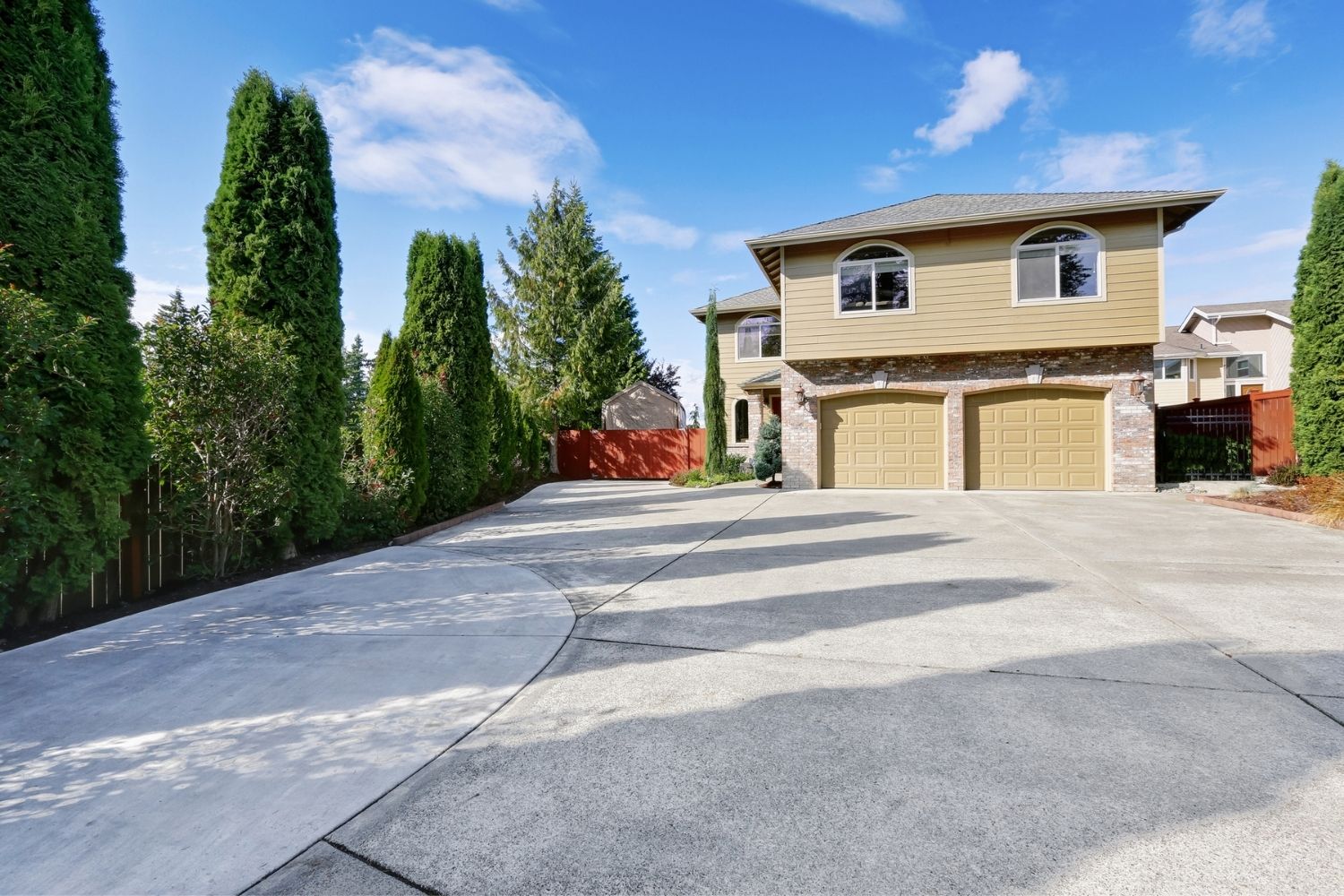
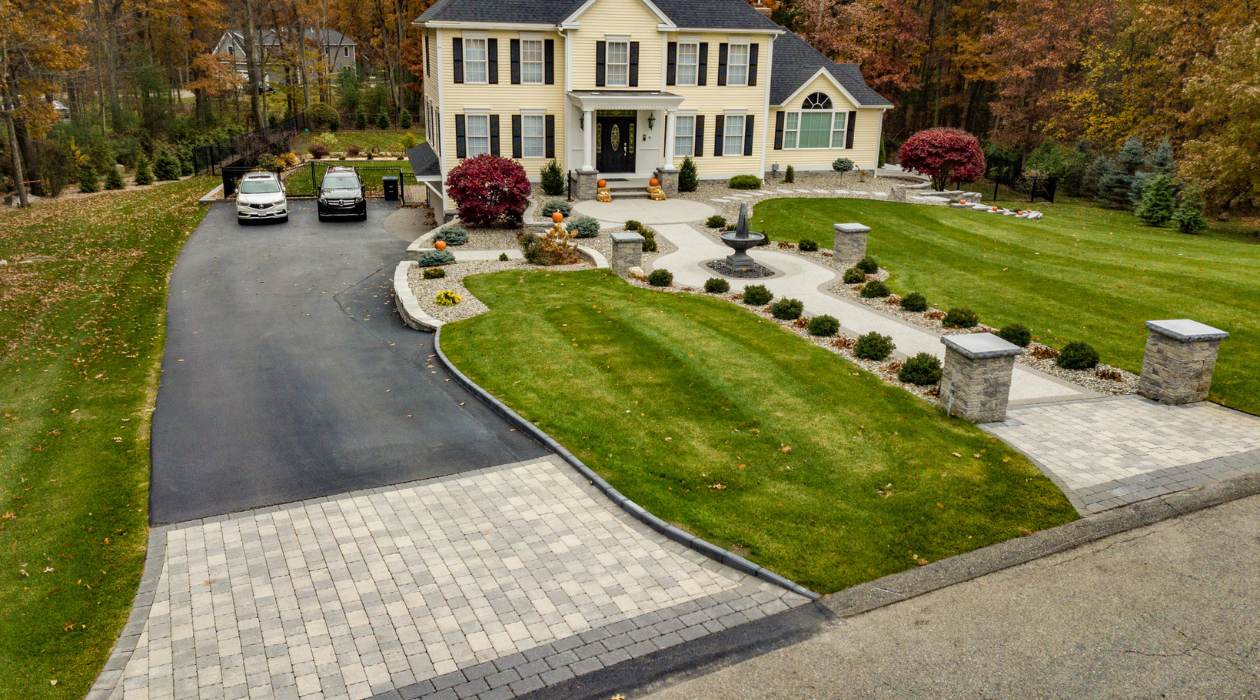
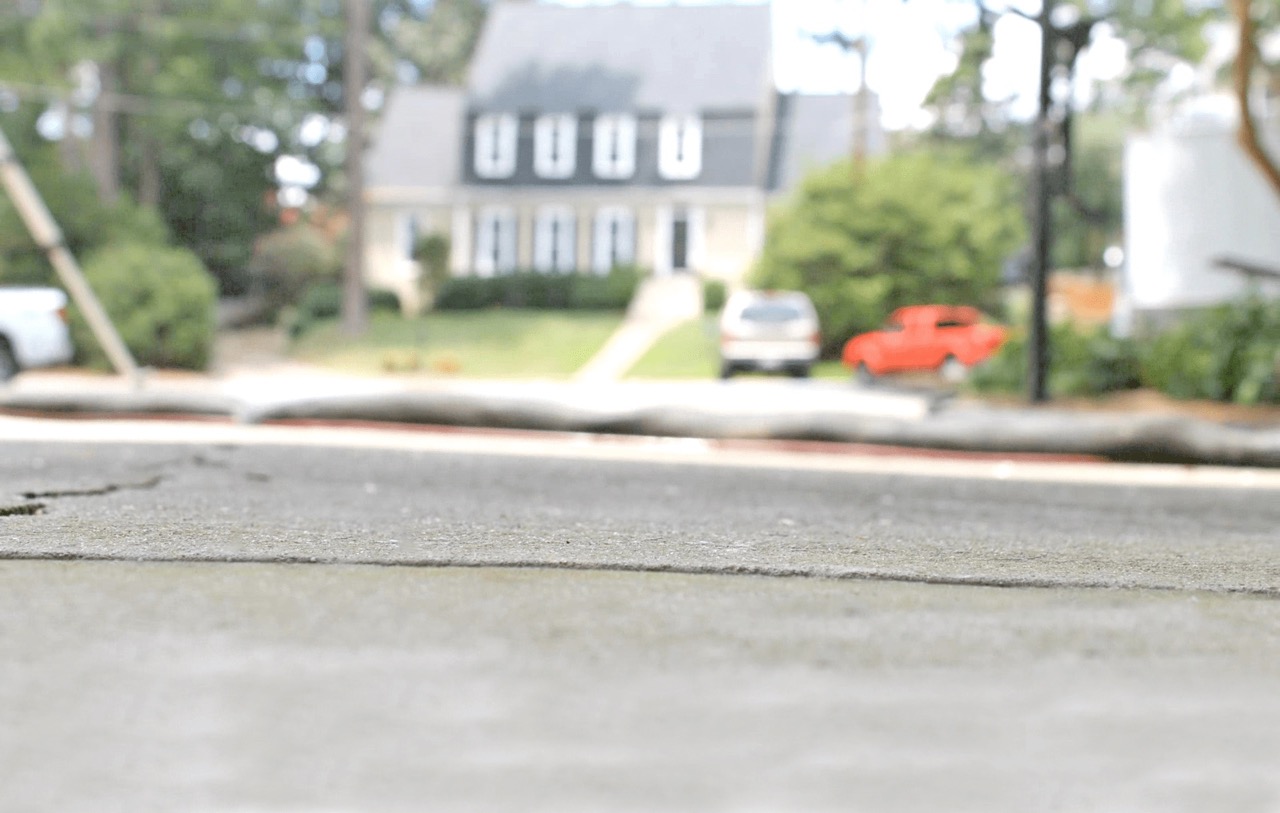
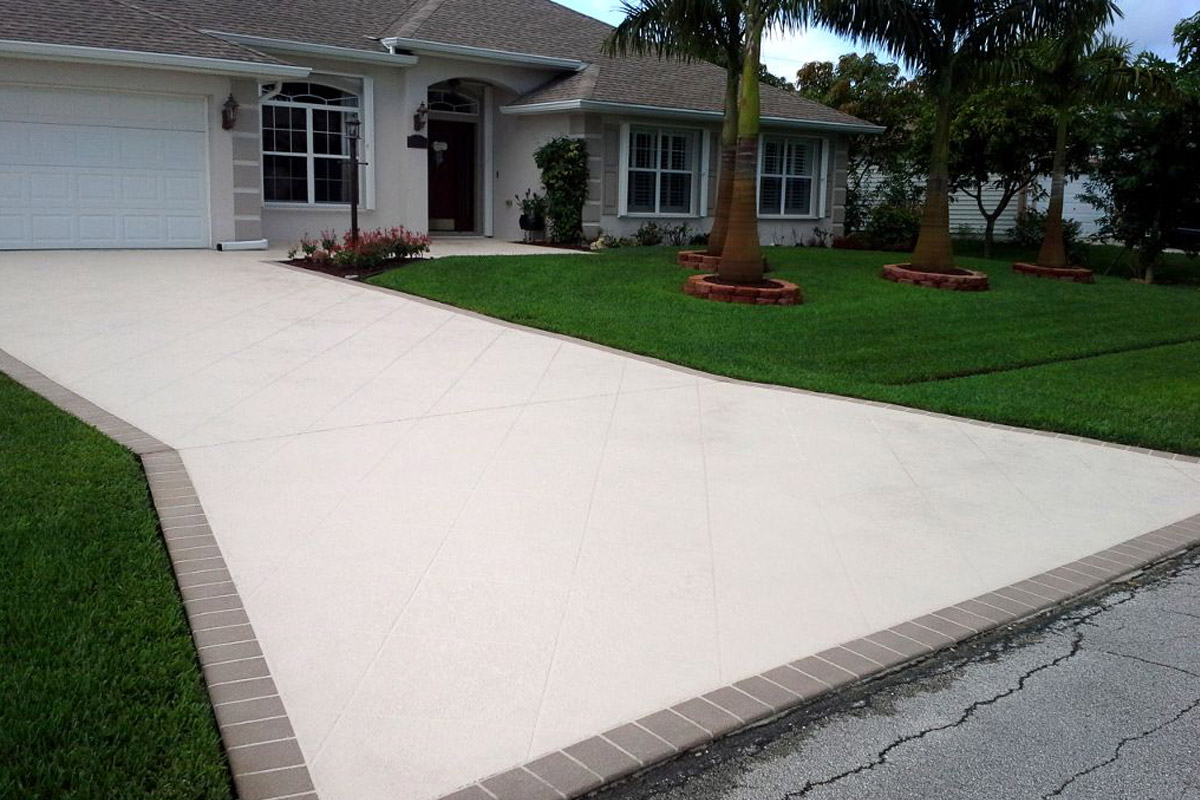
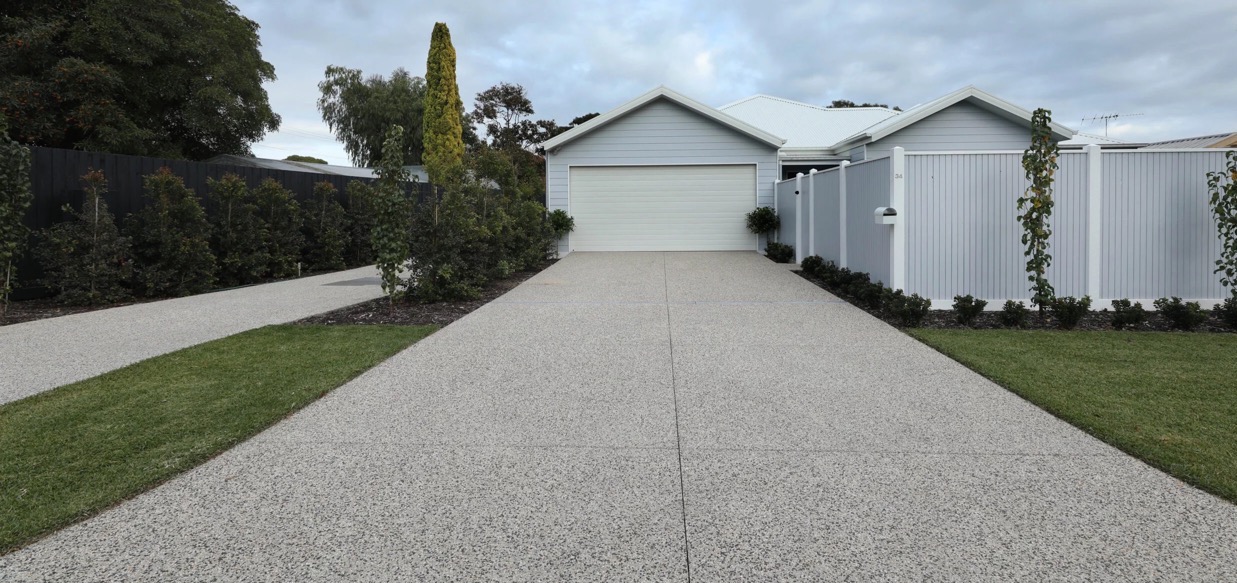
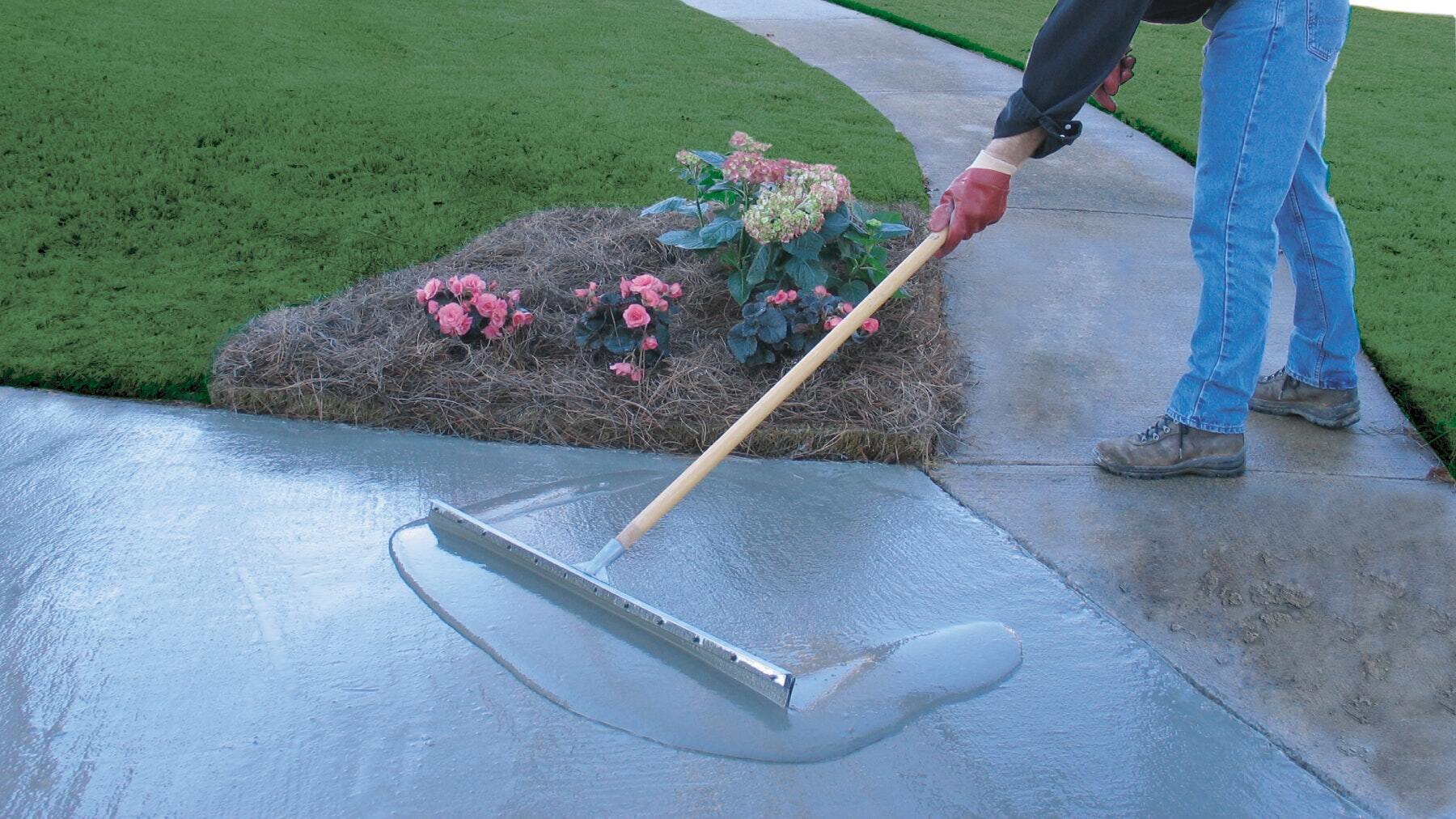
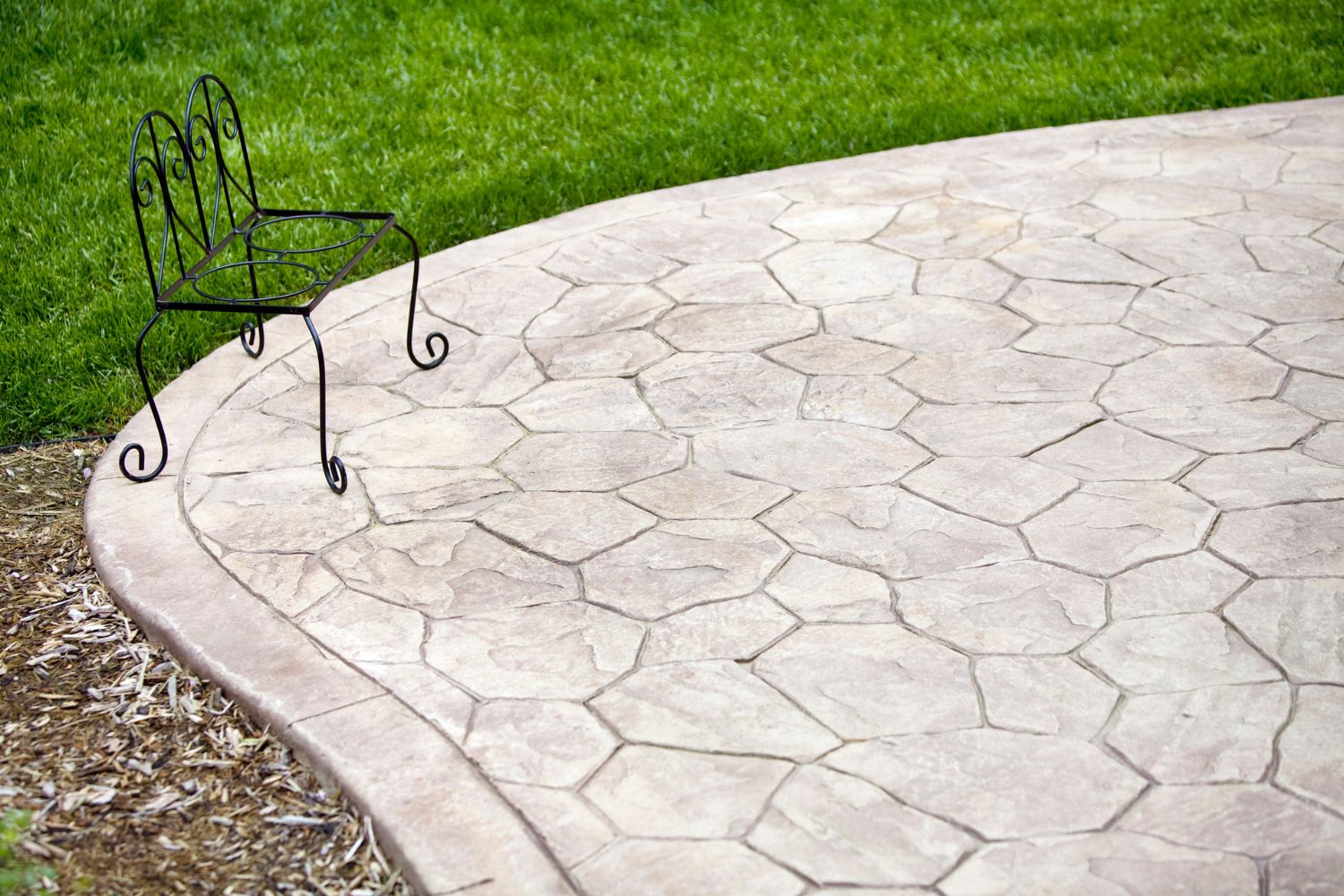
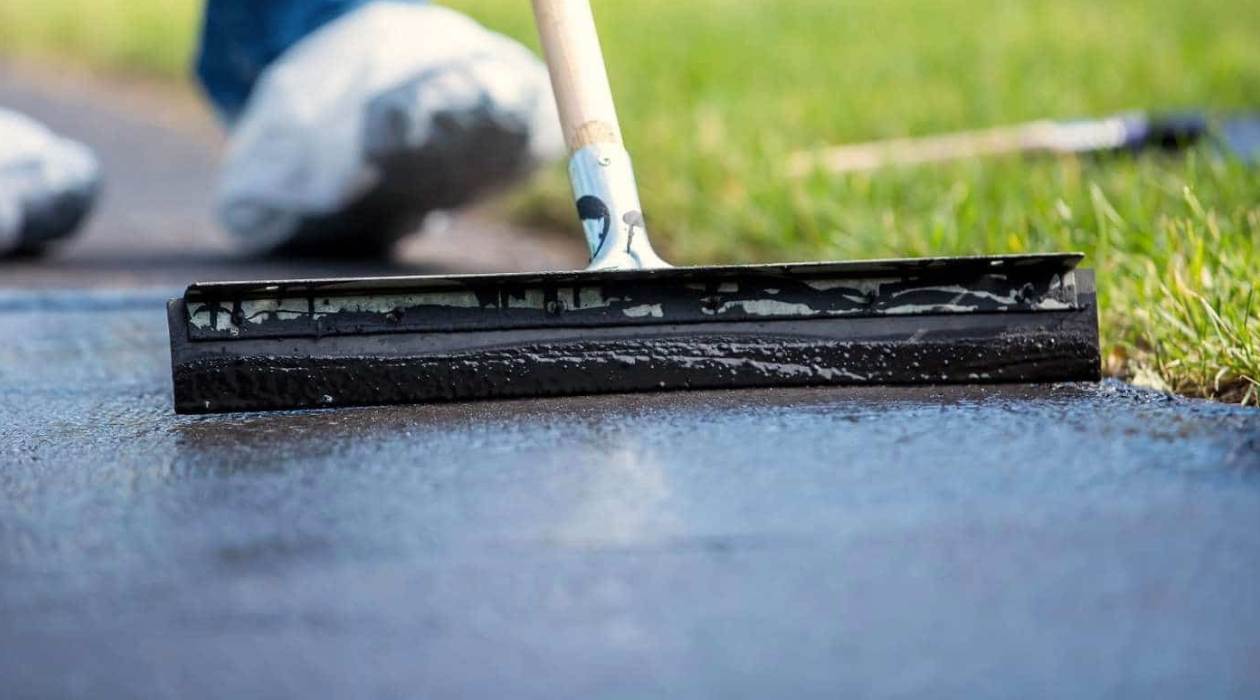
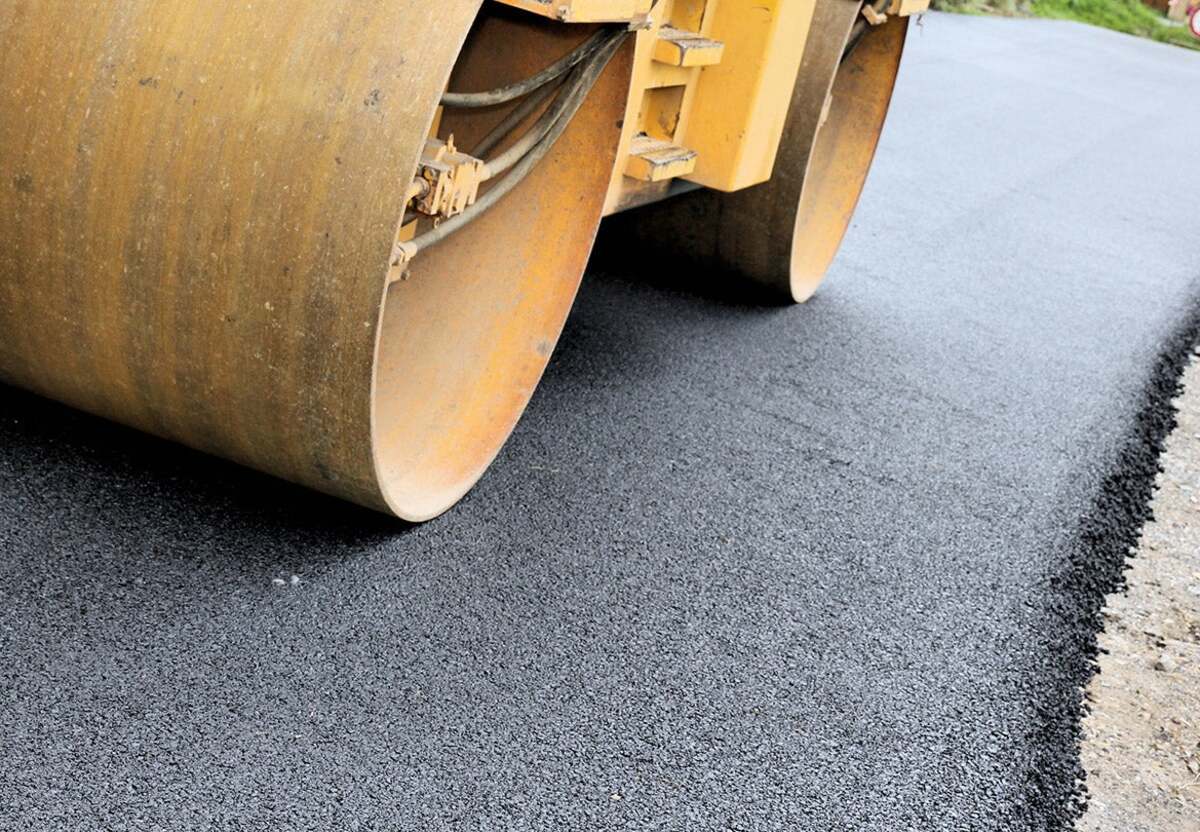
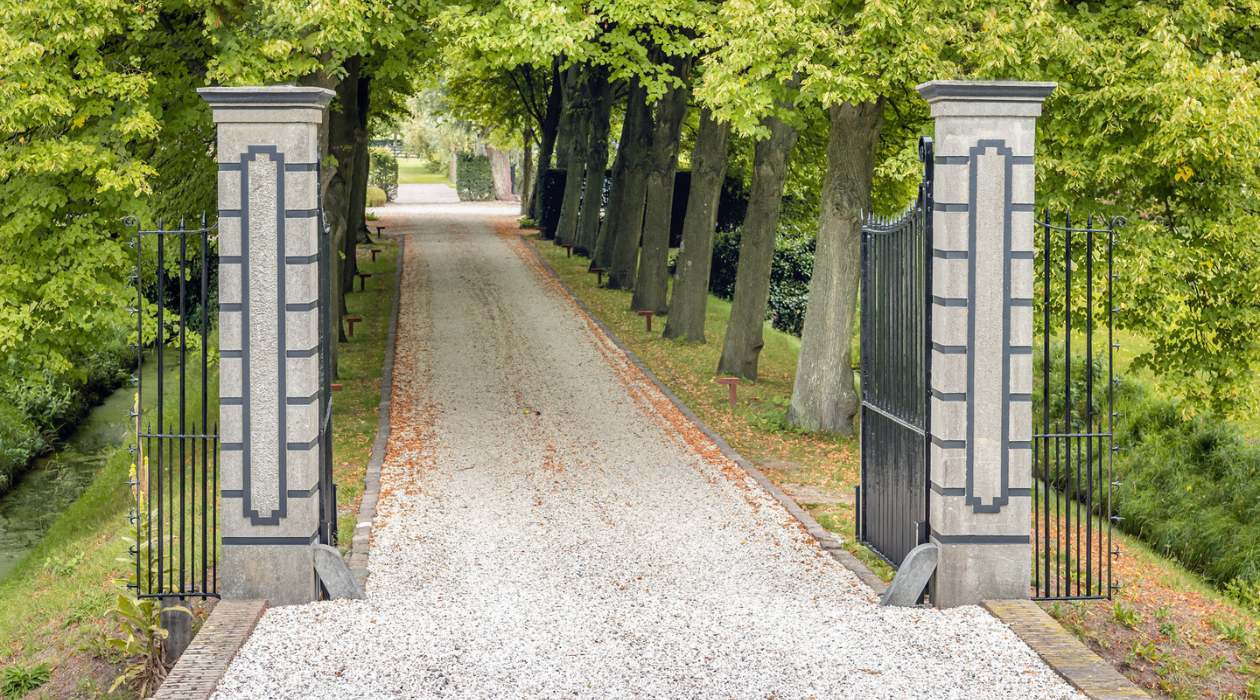
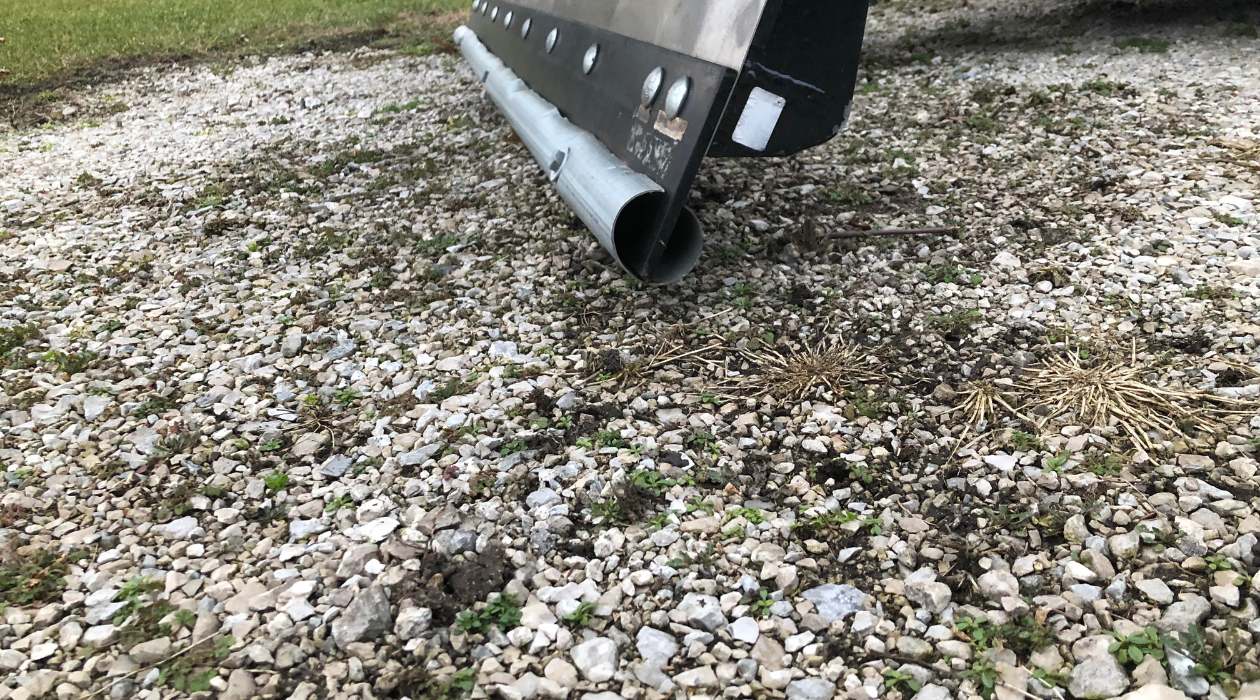
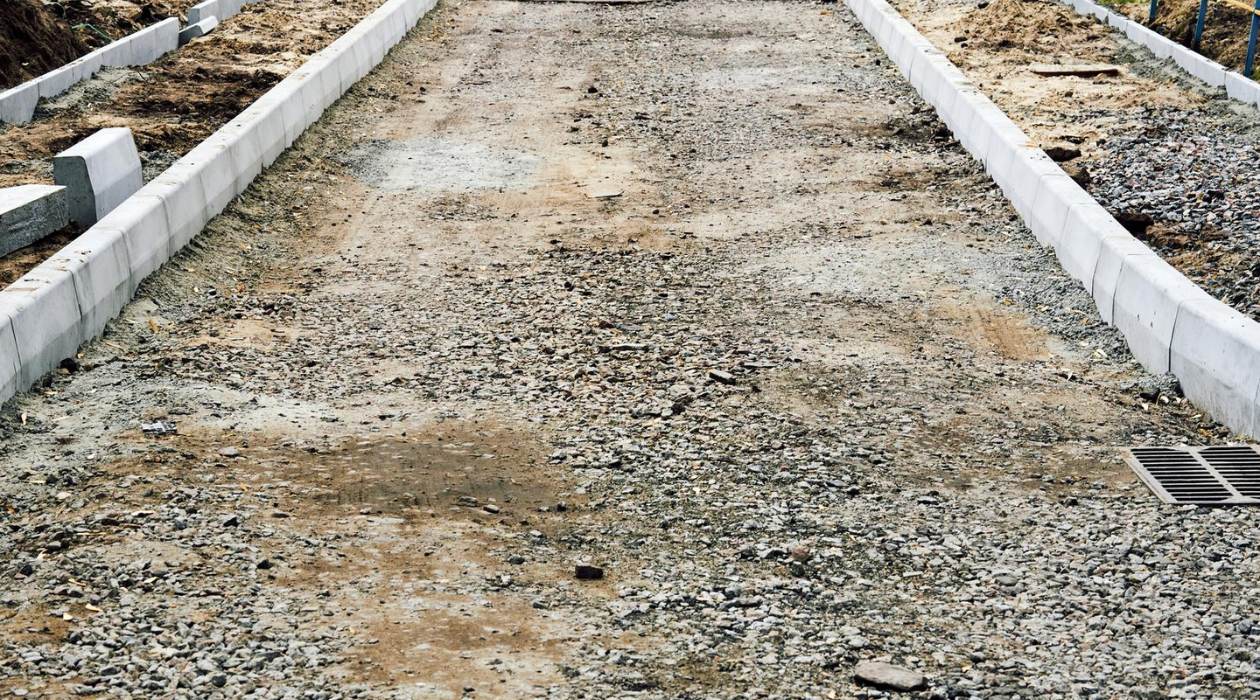
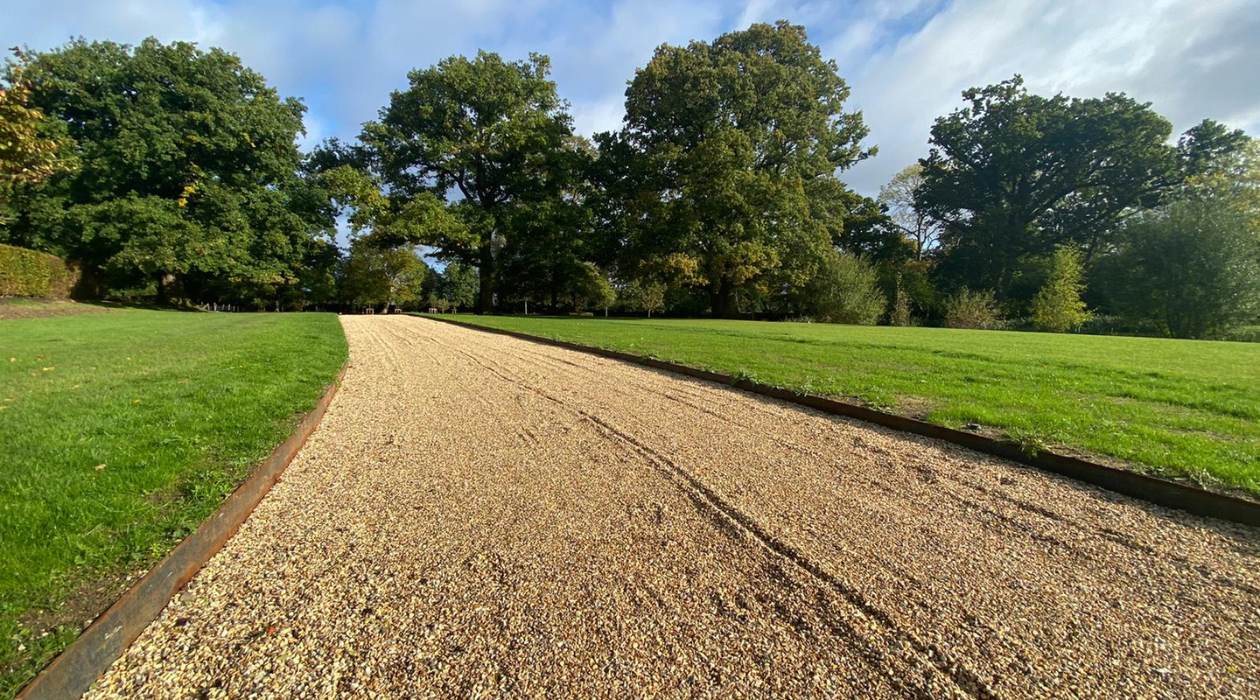

0 thoughts on “How Much Does It Cost For A Gravel Driveway”